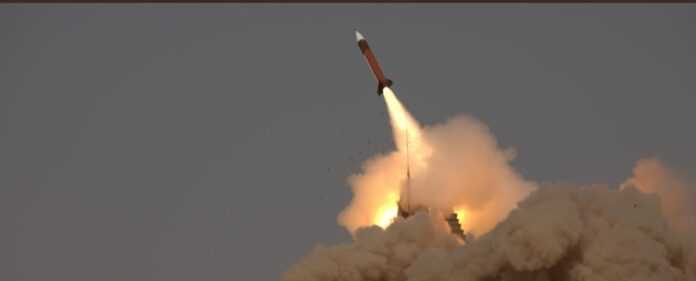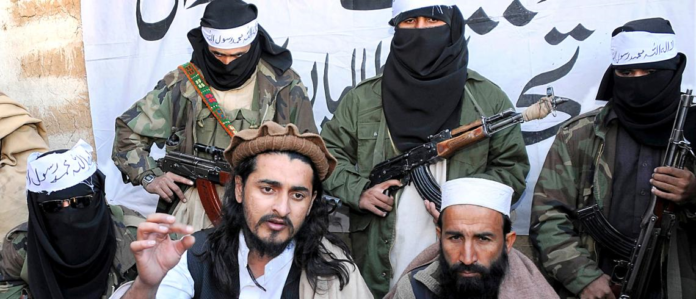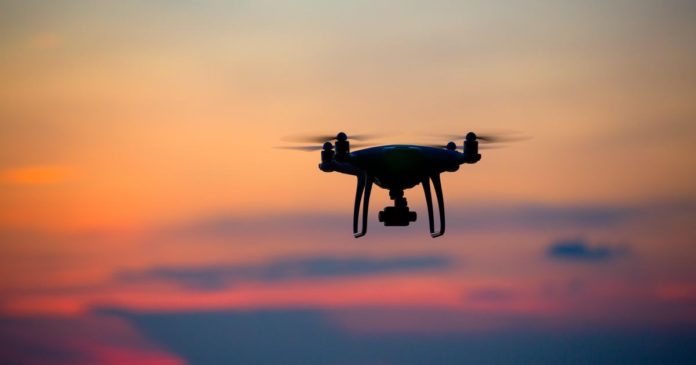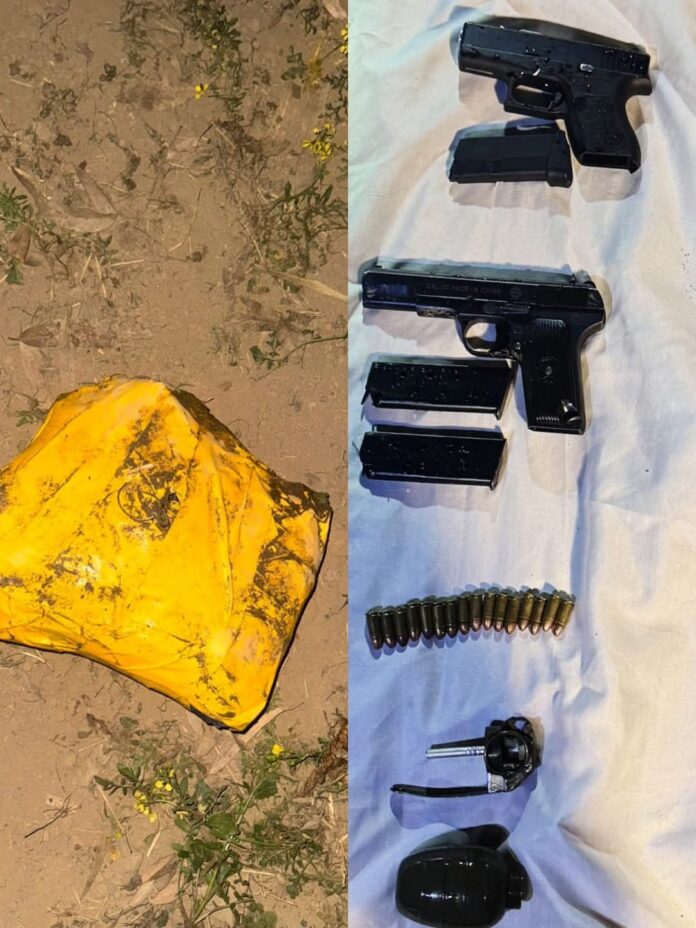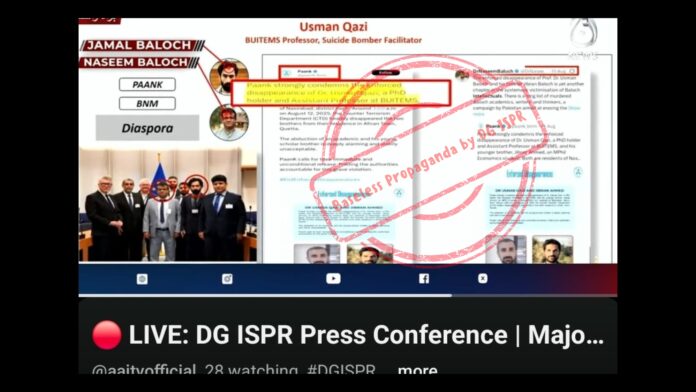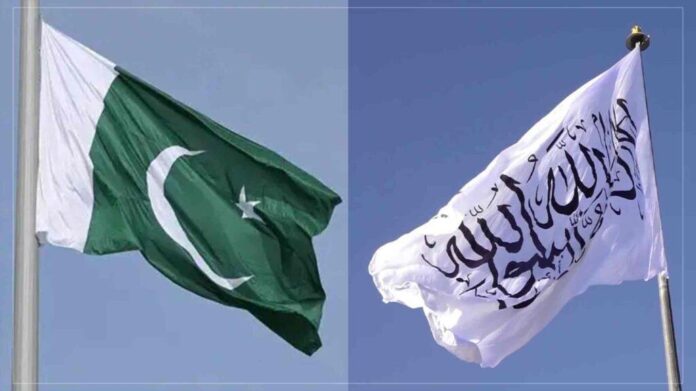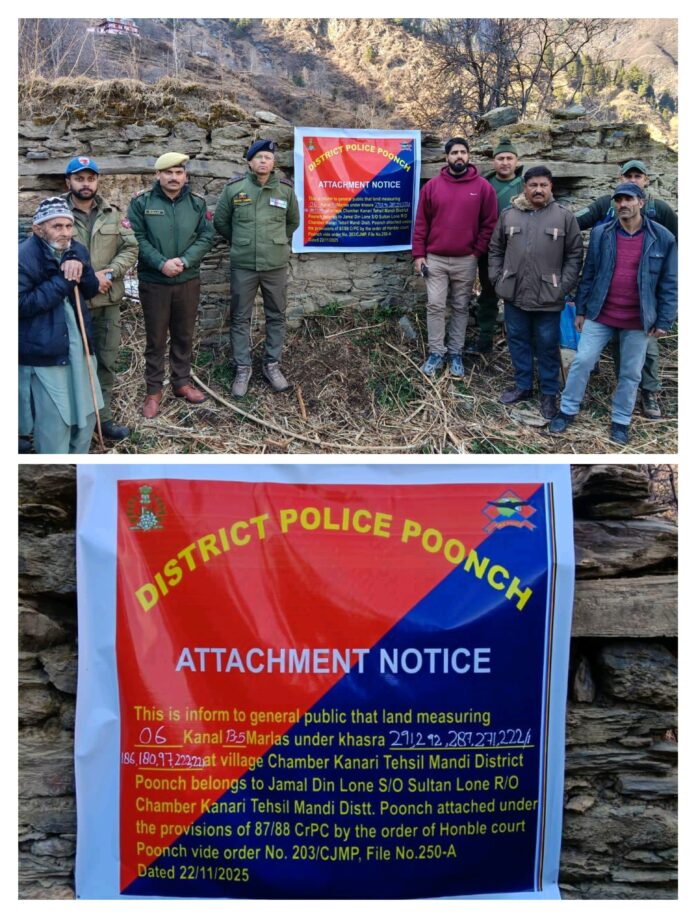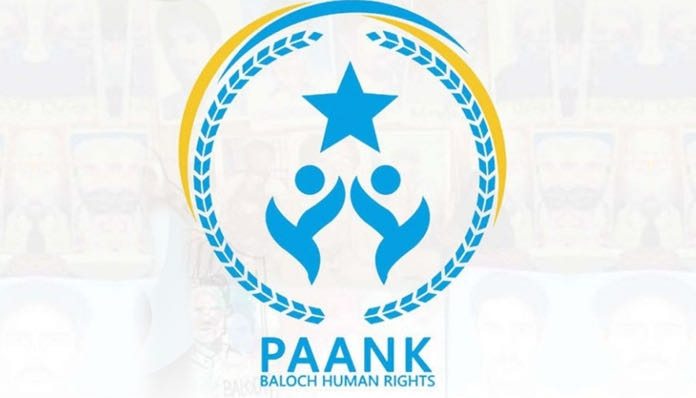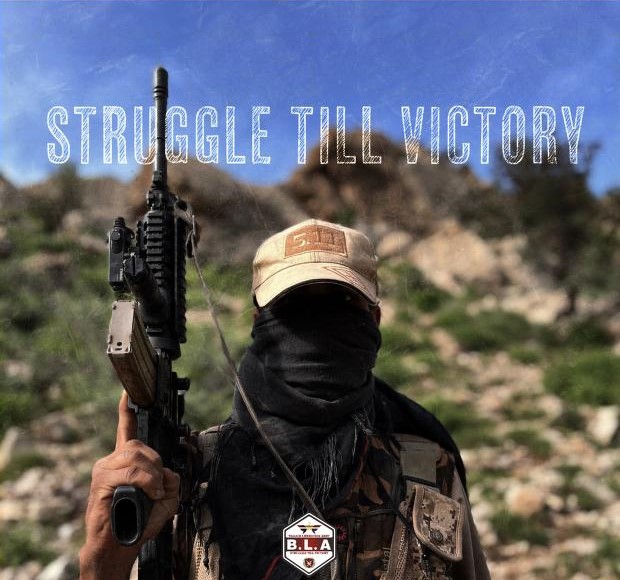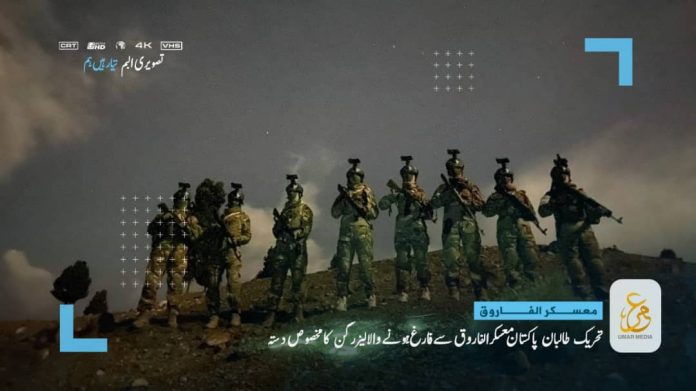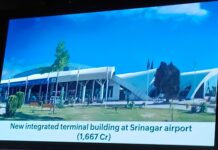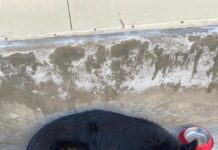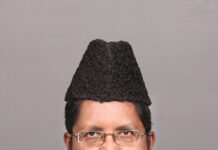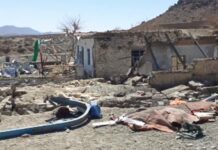Quetta, Jan 3 (NVI) As part of continued persecution in occupied Balochistan, the Pakistani military and affiliated agencies abducted 95 Baloch civilians and killed 20 in extrajudicial executions during the month of November 2025, according to a report.
Human rights organisation ‘Paank’, a unit of Baloch National Movement (BNM), in its latest report has stated that these incidents reflected a systematic pattern of repression by the Pakistani State, including arbitrary arrests, custodial torture, enforced disappearances, and extrajudicial killings in Balochistan.
“As a result, an atmosphere of fear and impunity has further intensified across Balochistan, with state institutions operating without accountability,” it said.
Paank reported that during November, cases of enforced disappearances and other serious human rights violations were documented not only in Balochistan but also in Karachi, the capital city of Sindh.
A total of 95 individuals were detained without warrants or legal proceedings and transferred to undisclosed locations, where they were denied access to their families, legal counsel, and the judicial system, it said.
Of these individuals, 21 were released after severe physical and psychological torture, the report mentions.
“Survivors reported being subjected to electric shocks, prolonged beatings, and death threats while in custody,” it said.
The report also highlights multiple incidents involving late-night raids carried out by state-backed death squads.
Extrajudicial killings are described as the most alarming aspect of the report.
According to Paank, at least 20 civilians—including laborers, students, young men, and a minor girl—were killed across various regions in November 2025.
District Kech emerged as the most affected area, where several bodies bearing marks of torture and gunshot wounds were recovered.
On November 1, a laborer named Bahad Baloch from the Kulaho area of Tump was stopped in the Dehaat area of Kech by armed individuals operating under state patronage. After confiscating his motorcycle and belongings, he was shot dead.
On November 2, a 16-year-old student, Abdul Rehman, was shot and killed inside a shop in Tump in front of his father.
The report also highlights a drone strike that took place on October 29 in the Bulida area, which resulted in the deaths of four young men from the same family—Zakir, Razaq, Sadiq, and Peer Jan.
Paank categorically rejected the Pakistan Army’s claim that the victims were armed militants.
According to local residents, the victims were unarmed civilians who were picnicking at the mountainous Jadeen area.
The report further states that the four individuals had informed a nearby Pakistan Army camp of their plans to go for a picnic and had received permission prior to the incident.
In Hoshap, a 16-year-old boy named Naseem Qadir was abducted from his home during the night, and his bullet-riddled body was found the following morning.
Meanwhile, Mir Dost—who had been forcibly disappeared since February 2025—was found dead after nine months in Turbat, bearing visible signs of severe torture.
According to the report, Farooq Naeem, who was arrested in April from the Talar checkpoint, was found dead seven months later in the Bank Kundag area of Kech, with clear evidence of brutal torture on his body.
The body of Zareef Baloch was also recovered from the same location; he had been forcibly disappeared since March 2025 and was reportedly killed in custody.
On November 18, Ismail Ibrahim was killed by gunfire from the Frontier Constabulary in Gawak, Mand.
On the same day, the body of Ismail Baloch—who had been abducted from Surab—was discovered the following day in the Baghbana area of Khuzdar.
In the Minaz area of Bulida, the mutilated body of Ayaz Baloch—who was abducted while returning from school—was recovered near Reko Dam, identifiable only through his clothing and shoes.
Ejaz Baloch was detained by the Frontier Corps from Kunchati, Dasht, and later transferred to a hospital in critical condition, where he succumbed to injuries caused by torture.
Other victims include Jalaluddin, Mohammad Alam, and Imran Baloch, who were abducted during wedding ceremonies by operatives of state-backed death squads.
A ransom of 20 million Pakistani rupees was demanded, and despite payment, their tortured bodies were later dumped.
In the final days of the month, the bodies of Abu Bakar and Tahir Baloch—both victims of long-term enforced disappearance—were recovered from different areas of district Kech.
On November 29, a shooting incident in the Garuk Bazaar area of Hoshap left a minor girl, Yasmeen Baloch, critically injured. She was transferred to Karachi for treatment but later died of her wounds, while three other children were injured.
Paank has called for independent and transparent investigations into all reported incidents, the prosecution of those responsible, and unrestricted access for international human rights organizations to monitor the situation in Balochistan to ensure the protection of civilians’ fundamental rights. (NVI)

